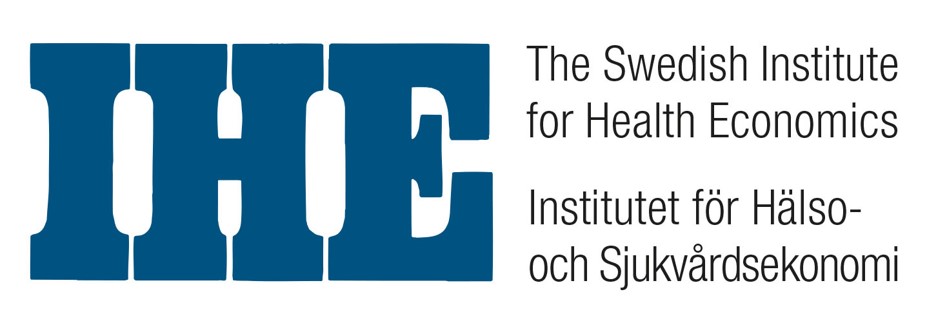The state of cancer care across nine countries in the Middle East and Africa (MEA 9) forms the basis of a major report being released by the Swedish Institute for Health Economics (IHE), the world-renowned healthcare research organisation, with the study launched to coincide with this year’s World Cancer Day.
Compiled with the support of PhRMA, the Pharmaceutical Research and Manufacturers of America, IHE’s report explores the scope of cancer care through a comparative analysis of the cancer care landscape in Algeria, Egypt, Jordan, Kuwait, Lebanon, Morocco, Saudi Arabia, South Africa and the United Arab Emirates, with the intention to raise awareness of the magnitude of the burden of cancer and the need to address the disease comprehensively.
Released in alignment with World Cancer Day, marked on February 4th, the report will be the subject of a precursor webinar on February 1st to discuss its key findings, with personalities who are leading lights in efforts to combat the disease. Among the panelists will be HRH Princess Dina Mired of Jordan, Immediate Past President of the Union for International Cancer Control (UICC) and the first Arab Muslim to be elected to head the prestigious global post.
Participating alongside Her Royal Highness will be Fadia Saadah, Human Development Director for the World Bank’s Europe and Central Asia Region; Thomas Hofmarcher, Health Economist at IHE; Samir Khalil, Executive Director for PhRMA Middle East and Africa and Ahmed Hassan Abdelaziz, Associate Prof Clinical Oncologist at Ain Shams University, Cairo.
“The impact of cancer for the MEA 9 countries in the IHE study is immense and growing – the disease was the third leading cause of death for the nine countries at the turn of the millennium, but had become the second leading cause behind cardiovascular disease in six of the nine countries by 2016. IHE’s report encompasses all aspects of cancer control – prevention, screening, diagnosis, treatment, survivorship and governance – and provides country-specific recommendations on how to improve the current state of cancer care in the countries. We are partnering with IHE to create evidence for profound discussion and we are looking forward to discussing its key findings and recommendations during our event prior to World Cancer Day,” said Samir Khalil, Executive Director for PhRMA Middle East and Africa.
“This year’s World Cancer Day starts a three-year campaign titled: ‘Close the Care Gap,’ with its focus on understanding and recognising that there are global inequities in cancer care. The research we conducted for our report highlighted that countries that invest more on healthcare have better cancer survival rates for their populations. This – among other aspects – is something that we will be discussing with our esteemed panelists,” said Thomas Hofmarcher, Health Economist at IHE.
IHE’s report underpins the UICC’s three-year campaign for World Cancer Day that commences this year with the theme ‘Realising the Problem.’ The first year of the campaign focuses on acknowledging the inequalities of cancer care around the globe and to raise awareness that this inequity costs lives.
UICC’s campaign aims to show that barriers exist to people seeking cancer care, that income, education, and location affect access to cancer treatment, and that discrimination based on ethnicity, gender, age, disability and lifestyle are just a few of the factors that can negatively impact care. The ultimate aim of the campaign is to show that such barriers are not set in stone and can be changed through political will and with the support of multi-disciplinary stakeholders.













